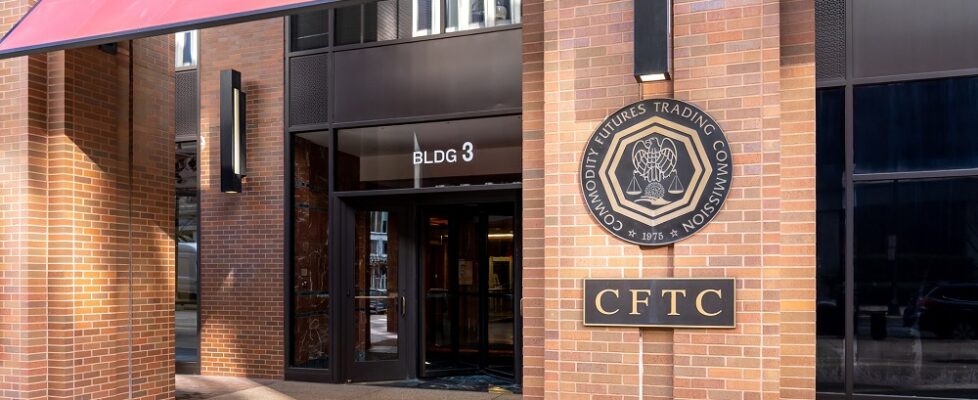CFTC secures Court order against Argent Asset Group and First State Depository Company
The Commodity Futures Trading Commission (CFTC) today announced that Judge Richard G. Andrews of the U.S. District Court for the District of Delaware entered a consent order against Argent Asset Group LLC and First State Depository Company, LLC (FSD). In addition, the court entered an order of default judgment and permanent injunction against Robert Higgins.
The orders require the defendants to pay $112.7 million in restitution to those defrauded and pay a $33 million civil monetary penalty. Additionally, the orders enjoin the defendants from further violations of the Commodity Exchange Act (CEA) and CFTC regulations, as charged, and impose permanent trading bans in any CFTC-regulated markets as well as registration bans against the defendants.
The orders resolve the CFTC’s lawsuit launched in October 2022 and finds the defendants liable for misappropriating tens of millions of dollars and making fraudulent misrepresentations to customers in connection with the purchase and sale of precious metals.
The orders find from approximately January 2014 through October 2022, Higgins, Argent and FSD, acting as a common enterprise, engaged in a fraudulent and deceptive scheme to solicit and misappropriate tens of millions of dollars in funds and silver from approximately 200 customers in connection with a fraudulent silver leasing program known as the “Maximus Program.”
As the orders state, the Maximus Program purported to offer customers guaranteed monthly lease payments in exchange for the use of silver purportedly purchased from Argent or silver owned by customers. Customers were told they would earn a monthly “lease” payment based on a sliding scale that, in part, depended on the amount of silver the Maximus customers leased to Argent. Customers were falsely told, among other things, that Argent would acquire silver on their behalf, their silver was securely stored by FSD in a storage facility, and their investments were guaranteed and fully insured.
In reality, customers’ precious metals were not securely stored at FSD, but instead were misappropriated by the defendants. Moreover, on several occasions, the defendants also misappropriated funds intended to be used to purchase metals.
As the orders state, the defendants’ fraudulent scheme was not limited to the Maximus Program. The defendants misappropriated other client assets and misled and deceived those clients when they attempted to withdraw their assets or transfer them to another depository. In addition, the defendants lied about the insurance coverage FSD maintained and failed to adequately insure its clients’ assets despite representations and guarantees it made to the contrary.





